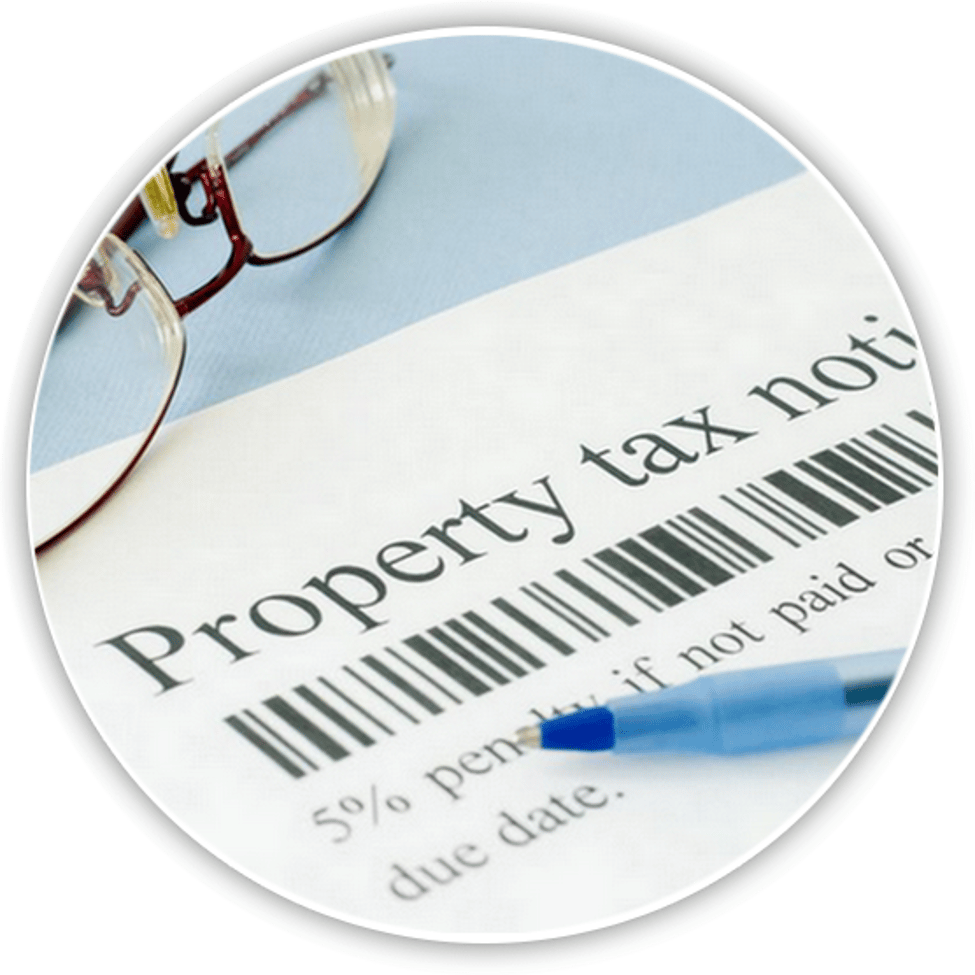In Canada, property taxes are a hot topic of debate. Whether you live in a bustling city or a quiet rural town, there’s always a discussion about who’s paying too much—or too little. While opinions vary, one thing is certain: property taxes are a crucial expense that every homeowner must consider.
Yet, many prospective buyers overlook this ongoing cost when budgeting for a new home, whether it's a condo or a detached house. Ignoring property taxes can lead to financial strain down the road.
Planning for these payments is just as important as researching mortgage rates or estimating closing costs. So, what should you know before purchasing a home? Here’s a comprehensive guide to property taxes in Canada.
Property Taxes: Key Considerations
1. Know the Tax Rate in Your Area
Property tax rates vary by municipality, so checking your local government's website is a great starting point. Most cities provide an online calculator to help you estimate your tax bill based on your property’s assessed value, determined by the Municipal Property Assessment Corporation (MPAC).
2. Payment Methods: How to Pay Your Property Taxes
Paying property taxes has never been easier, thanks to various payment options:
◾Online banking
◾Telephone banking
◾ATM payments
◾In-person at your bank or municipal office
◾By cheque
If you have less than 20% equity in your home, your mortgage lender may collect property taxes on your behalf as part of your mortgage payments and submit them directly to the municipality.
3. What Do Property Taxes Cover?
Property tax revenues fund essential services, but the allocation differs by province and municipality. In Ontario, for example, your property taxes help pay for:
Public education
-◾Infrastructure maintenance (roads, bridges, public transit)
◾Garbage collection & snow removal
◾Emergency services (police, fire, ambulance)
4. Consequences of Not Paying Property Taxes
Property tax payments are mandatory. Failure to pay can lead to serious consequences, including:
◾Monthly interest charges
◾Debt collection efforts
◾A lien against your property
◾In extreme cases, property seizure and sale by the government
Some jurisdictions may also issue a Tax Arrears Certificate after prolonged non-payment.
5. Can You Afford Property Taxes?
When house hunting, most buyers focus on mortgage costs, interest rates, and utility expenses—but property taxes should also be part of the equation. While the exact amount varies, knowing the tax rate in your area allows you to estimate this recurring expense.
Most real estate listings include last year’s property tax figures, so be sure to factor this into your budget before making an offer.
Final Thoughts
Property taxes are an unavoidable part of homeownership, but understanding how they work can help you plan effectively. By researching rates, budgeting accordingly, and staying on top of payments, you can avoid unexpected financial strain and enjoy your home with peace of mind.

